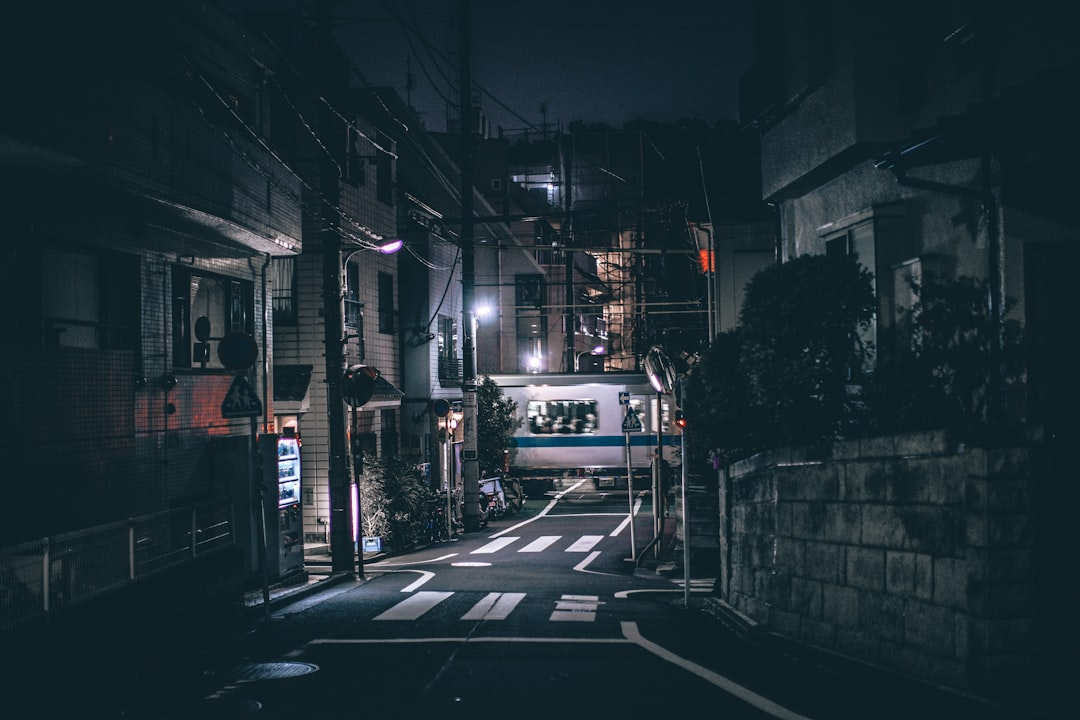At times, when old memories, sharp and serrated, slice his serenity, Enrique Roberto Lopez Sandia recalls when he was a child on his way with his parents to the old country and how he wondered why one country should be old and another not so old and how his parents had little tolerance for his nascent peculiarities and so threw from their mouths repelling spears of words like: because I said so. And: one day you’ll understand.
In the harsh fluorescence of the airport terminal Enrique had crossed a threshold with his left foot first instead of his right and knew that a majestic misfortune would soon slide from the skies in retribution for his error, for he had read the great Book of Fates and had acquainted himself with all the reckonings that stalked a life. He knew how they stood ready to strike like a phalanx of hostile intendants if the unaware or careless should stray from the cautious path.
He ran back into the night and the family missed their flight with many curses and clumsy suitcases and it wasn’t until they arrived at their destination on another flight that they discovered that the first plane had nose dived into the Atlantic.
On this particular night, many years removed from his childhood, Enrique sat in his armchair and pondered his latest blunder. He had forgotten to hide his thumbs in his pocket when the bus he had been riding passed a graveyard.
Someone was sure to die. Someone close and filled with light and life soon to be skinshaved down to the pith where the fatal parts of existence dwell in harmony with their purpose, but where most people are reluctant to go.
You could not tell Enrique Roberto Lopez Sandia that the devil didn’t live in two mirrors or that it was okay if a broom touched your feet. He had seen in fog and in clear air how all superstition gave birth to itself from the hot phosphorus of fact. A guy walks under a ladder and falls into a pit. A woman whistles inside the house and seven demons, in the shape of foul horses, force feed her a galloping illness.
Enrique slow slipped from his chair like a thick quilt and walked into the kitchen, his toes clenched against his shoesoles, and whispered my god.
I hear them, he said to himself. I see them dimly through cracks. Their voices aren’t yet dead and yet already I am culpable, liable in the eyes of the Book of Fates and in the judgment of my peers.
It was an odd thought, even if only spoken to himself, because Enrique Roberto Lopez Sandia had no peers. He lived without a future or a wife, his principal companion a desert caravan of tortoise days.
You could eat his life straight from the sack, wash it down with orange juice and gin. You could rub his skin with salt. You could make noodles of his hair.
You could, but you wouldn’t.
Dare.
Enrique did have a single friend, Marjorie Green, who lived in an trailer in a parking lot at the allnight supermarket where she collected beer bottles and broke them on the pavement whenever an errant dawn moon provoked her rage. Even a pink and songful emergence of sunrise caused choleric sandstorms to rasp her mood into rough splintered barnwall.
A woman of anger and crepitation. A man with god in the Book of Fates.
Their breasts hung slack, bathrobes in tatters. But they were faithful adherents. Enrique would never flip over a cooked fish because somewhere a ship goes belly up and dies like a cockroach in bleach, and for the same reason Marjorie would never wish a stranger good luck.
Despite their fixations, or perhaps because of them, they had become lovers, not of flesh that rotblacks if one places bread upside down in its basket, but platonic amorists united in their belief that the rest of the ignorant world poured bottled blindness in their eyes to shield themselves from the outrages and dangers that sat upon each architectural cornerstone like neoplastic gargoyles.
And in this union they were happy.
Not the happiness of cheer but that of belonging.
Their fixations grew from the same soil.
Watered by the same rank well.
On this particular night, many years removed from his childhood, Enrique walked to the trailer of Marjorie Green and tapped the aluminum door with three fingers, both to announce his desire to enter and to plead the Book of Fates a commutation of his recent bad blessing.
Inside, they gazed through curtain cracks that, like their concrete cousins on sidewalks, could split the spine of a mother or a daughter into three painful parts if the proper rituals were not respected. They watched shoppers enter the market and leave with their culinary wishes fulfilled, unaware that they could be the next child of tragedy, breech birthed from the womb of irrational beliefs or the maternal dredgeblade of anger.
They minded through the night and listened to the sounds of bloody slapping feet on wet pavement in the rain that carried gutters to culverts and culverts to the final necropolis of sea.
I wonder who dies this night, said Enrique, his voice chapped and cracked, and Marjorie replied that she was happy to see others suffer for her sins.
Silence. Late. The hour thin.
A time to push home past cab stands and hookers.
Time for another dark stage.
But Enrique and Marjorie rose, stretched their limbs into supple sheets, and walked out into the parking lot where they saw the rain dying in dawn and heard angled pale faces of the day’s first luminescence affirm that a man is responsible for his mother’s backbone, and to that end must never buy yellow flowers or eat bananas on a boat.
Shall we shake our black shirt? asked Marjorie.
No, said Enrique Roberto Lopez Sandia. I think we’re safe for now. Marjorie sighed.
Safety.
Obsession.
Madness.
Each one leads to the other.
In ever diminishing circles. Cause and effect. Devoid of rhyme.
Each one gathers delusion and myth, seeks approval and sanction.
Waits.
Each one waits within the halls of its suffering for all the world’s mothers, from Istanbul to Brisbane to the bloody ballrooms of Saint Petersburg, to strike their spines with headstones, make their paralysis public, and set their desperate and furious children free.
— — —
Thanks for reading Dynamic Creed. This piece is my contribution to The Soaring Twenties Social Club Symposium, a monthly set-theme opportunity for STSC writers. STSC is a collective of artists of all stripes that are working outside the status quo. Do check them out.
The topic this time around is superstition.
While you’re here, a couple of other stories to take a look at:
For new folks, welcome and thanks for signing up.
Please leave a comment and let me know what think. Also, you can reach me by replying to this email. All the best,
Victor David








This is such a lovely piece of fiction; the pervasive sense of narrative tension throughout; the bifurcation of humanity via each individually held perspective on superstitions - the two protagonists who can see the cause and effect vs "the rest of the ignorant world (who) poured bottled blindness in their eyes to shield themselves from the outrages and dangers"
Love your prose as well - "Even a pink and songful emergence of sunrise caused choleric sandstorms to rasp her mood into rough splintered barnwall." - the choice of words here, along with the rhythmic unfolding of them, is incredible.
Great work!
So good, "He had seen in fog and in clear air how all superstition gave birth to itself from the hot phosphorus of fact."